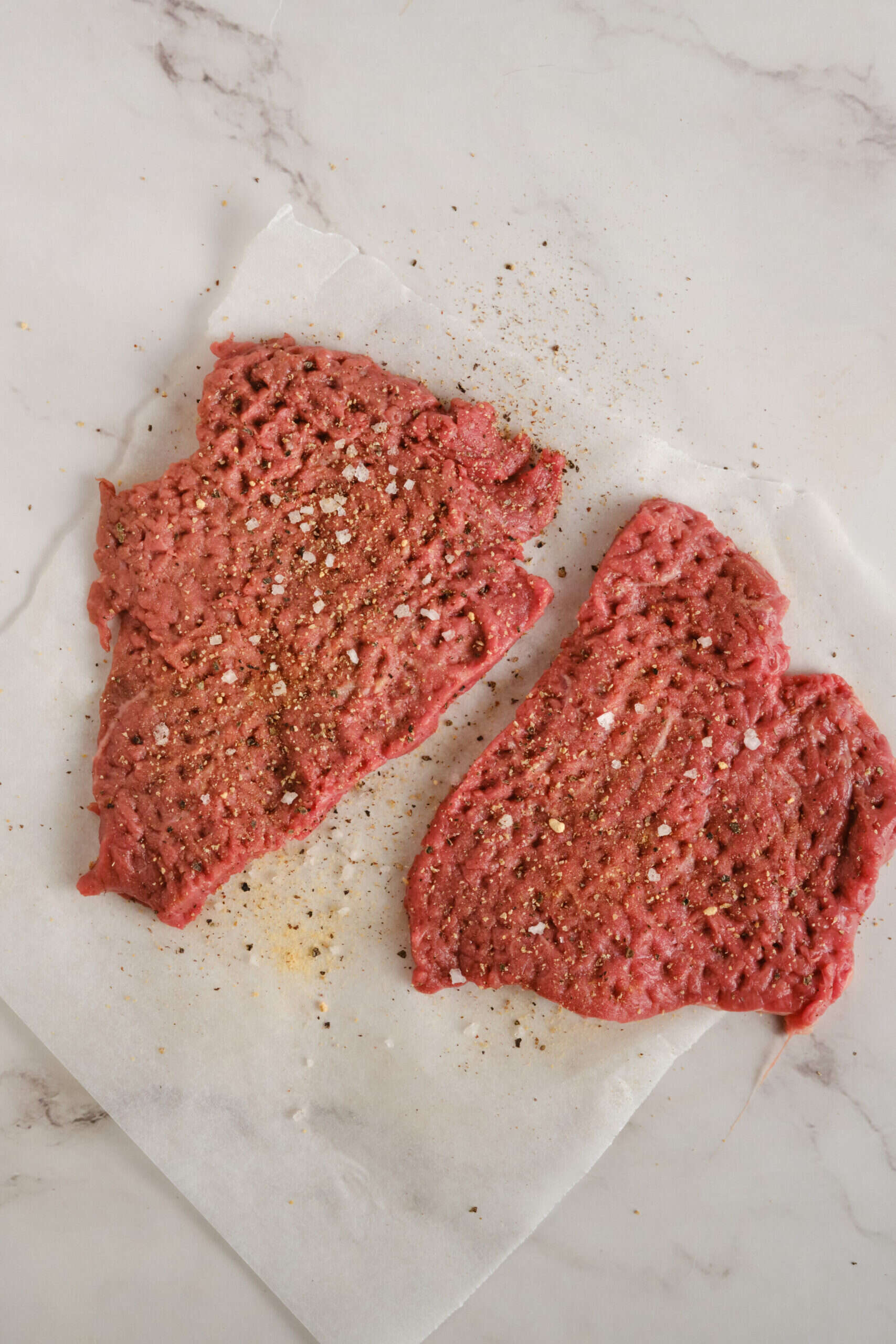
Apply Now


Effective Ways to Get Rid of Gnats in 2025 Without Vinegar
Gnat infestations can be a nuisance, particularly in our homes and gardens. These tiny flies, often found buzzing around fruit bowls or hovering near houseplants, can breed rapidly in favorable environments. In 2025, understanding how to get rid of gnats without relying on vinegar is essential for effective indoor pest control. This article explores innovative gnat control methods, focusing on *natural gnat repellents*, DIY solutions, and lifestyle adjustments that prevent gnats from becoming a household concern. The presence of gnats can signal underlying issues like moisture, food scraps, or overwatered plants. In the following sections, we will delve into various *home remedies for gnats*, examine effective gnat traps, and provide expert advice on maintaining a gnat-free home. If you’re looking for ways to eliminate gnats naturally and effectively in 2025, you’re in the right place. Let’s explore how to maintain a gnat-free environment, providing practical solutions for your home and garden.Understanding Gnat Behavior and Their Lifecycles
Before attempting to control gnats, it's crucial to understand their behavior and lifecycle. Gnats are often attracted to moist environments, decaying organic matter, and standing water, making kitchen areas and potted plants prime suspects for infestation.The Life Cycle of Gnats
Gnats typically have a rapid lifecycle consisting of four stages: egg, larva, pupa, and adult. Their eggs are usually laid in damp soil or decaying fruit, where they hatch within a week. Understanding this lifecycle is vital for implementing effective gnat removal techniques. Typically, adult gnats emerge within a week and continue the cycle, potentially leading to significant population growth within just a few weeks. Monitoring the presence of adult gnats will provide signs of an infestation, allowing you to take action before it spirals out of control.Why Are Gnats Attracted to My Plants?
Houseplants can serve as ideal breeding grounds for gnats, especially when the soil remains excessively moist. Overwatering and poor drainage contribute significantly to gnat attraction. If your plants are frequently damp, you may find gnats hovering around them, drawn in by the humidity and decaying organic material. Ensuring proper watering schedules and drainage helps reduce the appeal of houseplants to gnats. This is a proactive measure that not only supports plant health but also helps prevent insect invasions.Common Gnat Breeding Sources
In addition to plants, there are common household sources gnats thrive on, including: - **Food scraps**: Leftovers in sinks or open trash cans attract gnats seeking moisture and nutrients. - **Stagnant water**: Water that sits in any container, including pet water bowls or plant trays, can become a breeding ground. - **Rotting fruits and vegetables**: These attract gnats due to their scent and provide an ideal environment for laying eggs. Recognizing these problem areas is a key step in eliminating gnats and preventing future infestations.Proactive Prevention Tips to Keep Gnats Away
Implementing gnat prevention strategies can significantly reduce the chances of a gnat infestation. Here are effective methods to keep these pests at bay:Managing Indoor Moisture Levels
Maintaining low humidity inside your home is essential in discouraging gnat populations. Use dehumidifiers in damp areas, and ensure proper ventilation to prevent moisture buildup. Regularly check for leaks in plumbing and repair them promptly. In the bathroom and kitchen, wiping down surfaces and eliminating standing water are vital practices in gnat prevention. Maintaining these areas will deter gnats from establishing a breeding ground.Cleaning Up Potential Feeding Sources
Keeping your kitchen clean is crucial when targeting gnats. Ensure that food waste is promptly disposed of, and use tightly sealed containers for organic waste. Be diligent in cleaning surfaces where food is prepared, particularly in areas around fruit bowls and garbage cans. Regularly removing overripe fruit and throwing away any decaying vegetables is another key step in eliminating potential food sources for gnats.Strategic Plant Care
Adjusting your watering habits can also play a significant role in gnat prevention. Water houseplants only when necessary and ensure pots have good drainage to prevent overwatering. Consider using a substrate that aids in moisture control to limit gnat breeding conditions. Additional care includes using natural gnat repellents, such as essential oils, that can deter these pests from settling in your plants.Best Gnat Control Methods for 2025
When you're dealing with a gnat problem, various gnat control methods can be effective. Here are some of the best ways to kill gnats without using traditional chemical solutions:Using UV Light Gnat Traps
UV light gnat traps are effective at attracting and capturing gnats. These traps emit light that draws gnats in, which are then trapped using adhesive surfaces. They are non-toxic and can be placed around your home where gnats are frequently spotted, such as kitchens and dining areas. Consider placing these traps near potted plants to catch any gnats before they can spread further in your home.Homemade Gnat Bait
Creating a DIY gnat bait can be as simple as using household items. For example, mixing sugar and water creates an enticing solution that attracts gnats but ultimately traps them. Additionally, you can experiment with a mixture of dish soap and water in a jar, which can effectively trap adult gnats once they land on the surface. Make sure to replace the bait regularly and position it strategically in areas where gnats are often seen.Essential Oils as Natural Repellents
Certain essential oils, such as peppermint and eucalyptus, are known natural gnat repellents. Mixing essential oils with water in a spray bottle allows you to create an organic gnat repellent that can be applied around your home, particularly near entry points and plants. The aroma will deter gnats without harmful chemicals, promoting a healthier indoor environment. For optimal effectiveness, consider combining these oils with other natural ingredients, like witch hazel, to increase the spray's potency.Effective Indoor Gnat Solutions to Implement
With several control methods in place, you may also want to focus on continual maintenance to ensure effective gnat solutions in your home.Regular Home Cleaning Strategies
Regularly cleaning surfaces, especially in areas where food and moisture gather, is essential to keeping your home gnat-free. Use natural cleaning agents for surfaces and ensure that clutter is minimized to make it easier to identify potential breeding areas. Implementing routine checks, especially in the kitchen and around houseplants, will help catch any gnat problems before they escalate.Using Sticky Traps for Monitoring
Sticky traps can be beneficial as both an immediate control solution and a monitoring method. Place these traps in strategic locations, such as near potted plants and food areas, to gauge the level of infestation and aid removal efforts. Regularly check the traps to assess the gnat population and adjust management strategies as needed.Consulting with Pest Control Professionals
For severe gnat problems, it might be beneficial to consult with pest control professionals who can offer targeted solutions. They can devise a plan tailored to your specific situation and provide chemical-free alternatives if desired. By following these expert strategies, you can enjoy a gnat-free home environment while minimizing the use of harsh chemicals.Q&A Section: Common Gnat-Related Questions
What household items can I use to eliminate gnats?
You can use common household items like dish soap, sugar, and essential oils. Combining these into traps or sprays can effectively control gnat populations.How do I prevent gnats from breeding in my houseplants?
Ensure your plants are not overwatered, and check for standing water in saucers. Using a well-draining soil mix can also help prevent gnat breeding.What is the most effective way to kill gnats naturally?
Using a combination of essential oils, DIY traps, and proper sanitation practices is the most effective way to kill gnats naturally.Can indoor humidity attract gnats?
Yes, high indoor humidity can attract gnats. Maintaining low humidity levels by using dehumidifiers can help prevent infestations.How long do gnats live?
Typically, adult gnats live for about one to two weeks, but their reproductive rates can lead to rapid population growth if not controlled.
